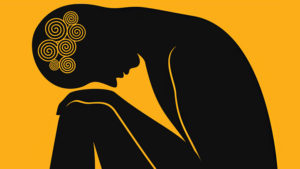
Depression and anxiety can be amplified during the holiday season by all the societal pressure to be happy and merry. A person feels doubly bad for being blue at this time of year. And when the holidays are over, there are at least a couple of cold dark months to get through. It can be a bit overwhelming.
But mood disorders are not unique to the holidays. Antidepressants and antianxiety drugs are among the most prescribed drugs in North America. This is definitely a sign that our lifestyles have gone awry. We have not been listening to Mother Nature.
As naturopathic doctors, we take a broad look at what could be causing depression and anxiety in our patients:
Thyroid function
One of the primary signs of an under-functioning thyroid is depression. Even if your blood work falls within “normal” range, you may have a subclinical issue or a conversion problem (not converting enough inactive thyroid hormone to active). If thyroid function is low we may choose to support it with a combination of nutritional supplements and replacement thyroid hormone.
Iron status
Low iron status creates a system-wide lack of oxygen that can be interpreted by the brain as depression. And really low iron status can cause heart palpitations which can mimic anxiety. We review why the iron status is low and determine the best way to replenish.
Hormone balance
L ow progesterone can result in heart palpitations, especially in peri-menopausal women, which feels like anxiety. Overall hormone dysfunction makes a women feel less vital and thus potentially depressed. Where necessary, we rebalance hormones to optimal function.
Digestive inflammation and microbiome dysbiosis
A great deal of research is being done in the realm of probiotics for depression and other neurological issues. From a naturopathic perspective, we identify food intolerances and restore gut and liver function to improve mood and health.
Nutritional status
Neurotransmitters are built from protein and require vitamins and minerals to be manufactured. We review the diet and supplements and make adjustments where necessary.
Blood sugar regulation
The brain runs almost exclusively on glucose which we get primarily from the carbohydrates in our diet. Both too low and too high glucose is detrimental to brain function and thus good blood sugar regulation is essential. We review what and when a person eats and recommend modifications to improve brain function.
Adequate sleep
The brain repairs itself at night during sleep and interruption to this process will not result in optimal mood. We review sleep hygiene and recommend herbal products if required to improve sleep quality.
Adequate physical activity
Possibly one of the most important aspects of our health, is moving our bodies sufficiently. In addition, it is important to get outside into natural light in order to regulate our daily rhythm.
The steps toward better emotional health are simpler than they look when guided by a qualified health care practitioner.
About the Author:
Dr. Cathy ‘s own health journey ultimately led her to becoming an ND. She suffered most of her life with terrible digestive pain. She was tested for a variety of conditions and eventually diagnosed with IBS. Conventional medical treatment was an assortment of drugs which did not help. Cathy found a Naturopathic Doctor who helped turn her life around. And from this, her pursuit from being a chartered accountant to a career in naturopathic medicine began.

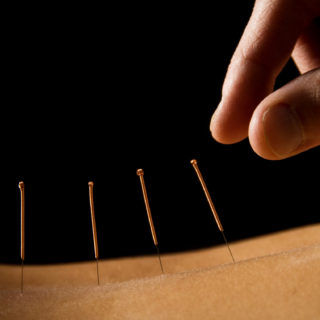



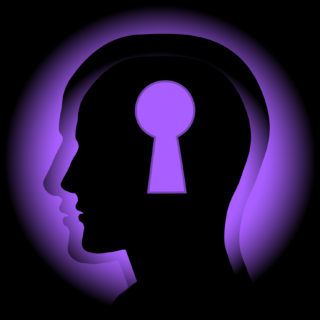
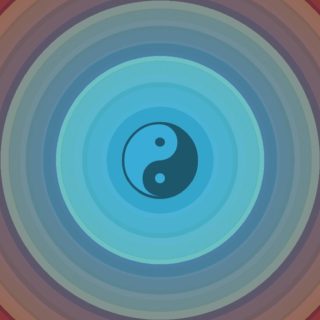


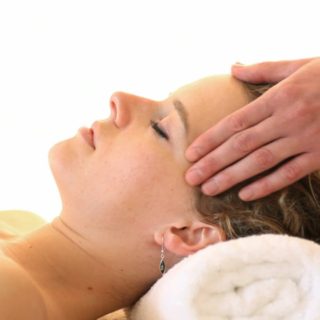








No Comments
Be the first to start a conversation